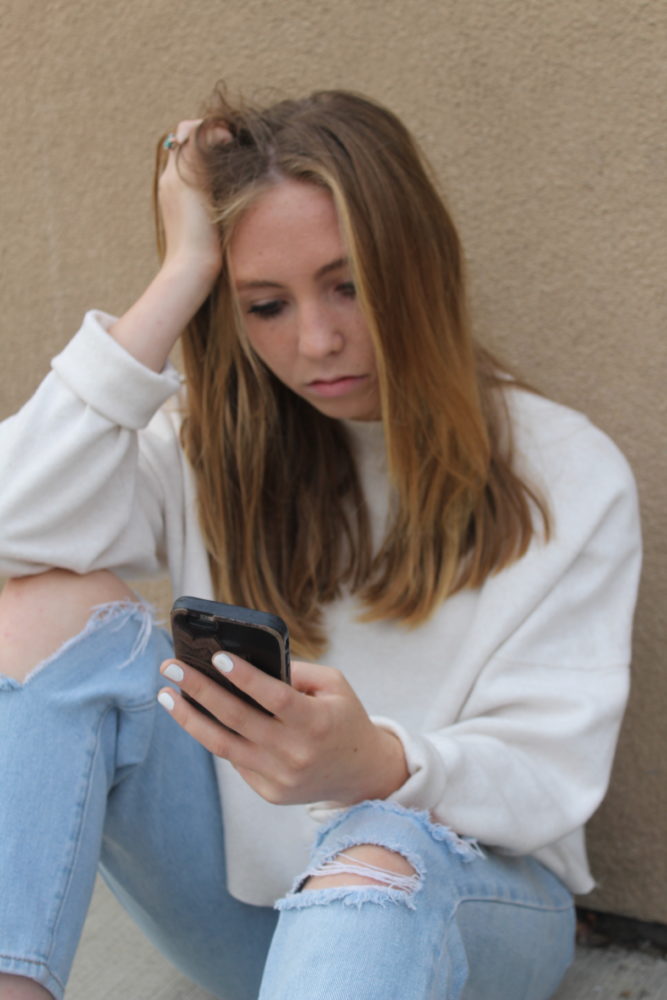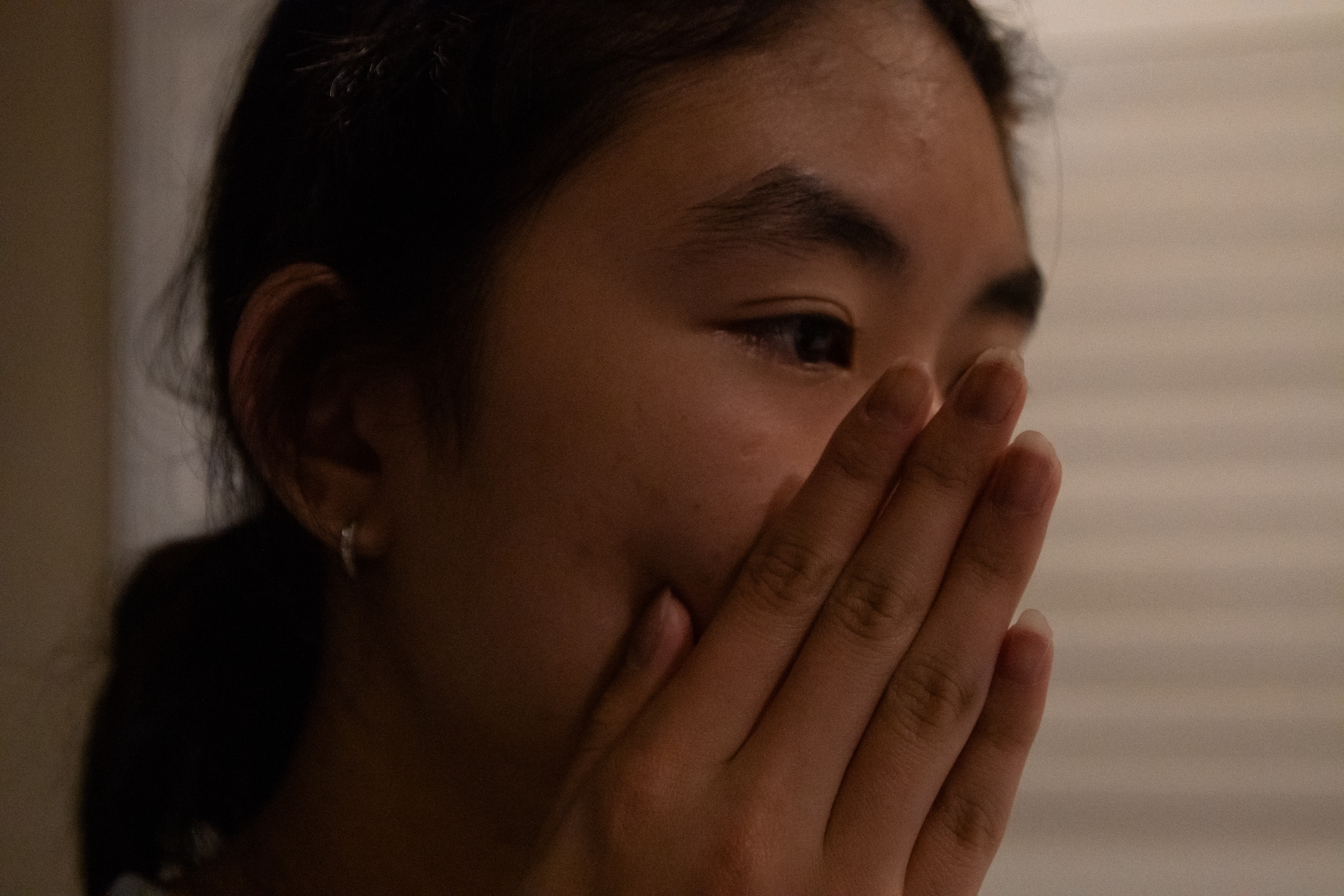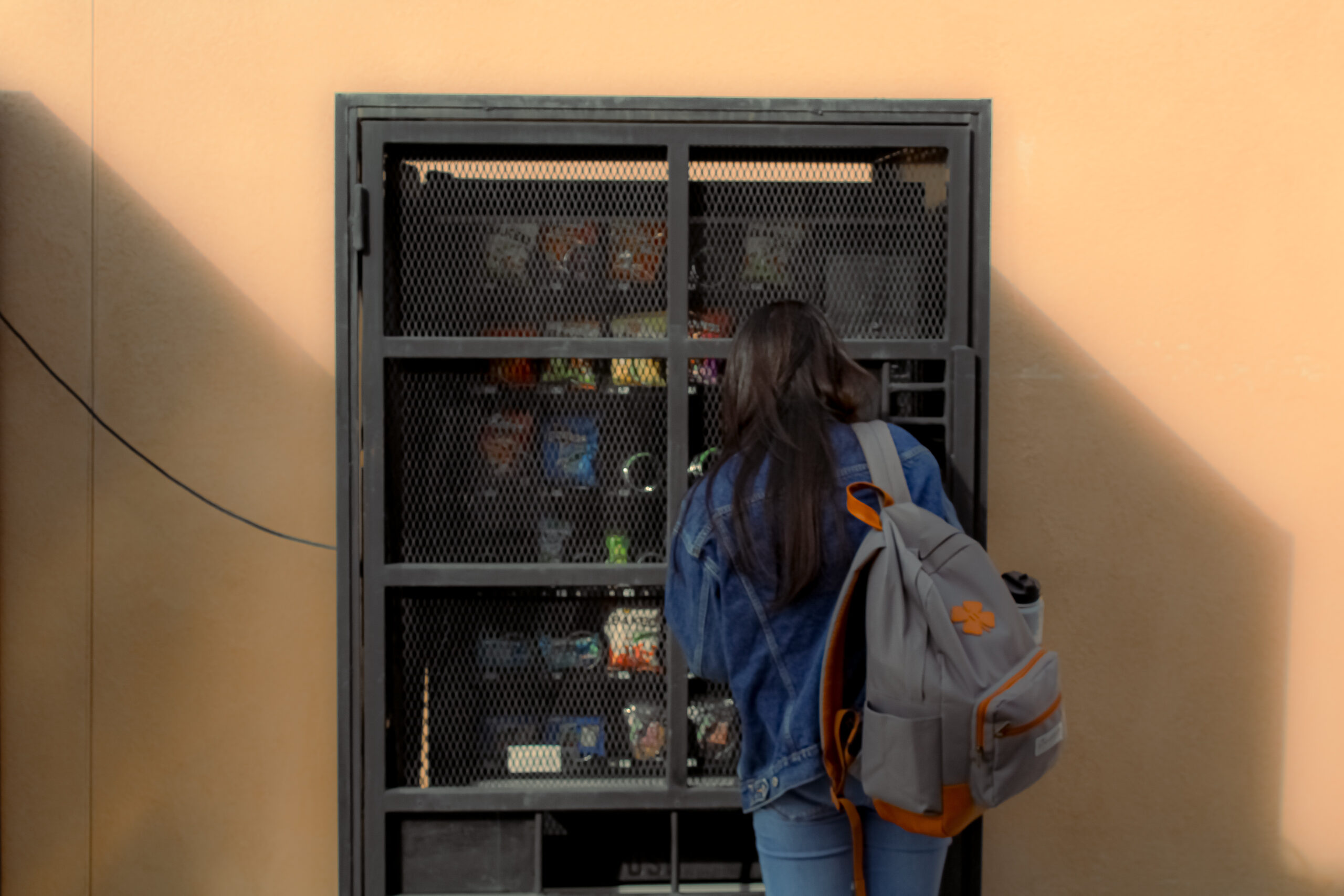
By Karen Phan, Staff Writer
Social media addiction proves to be a problem among the youth. In response to this issue, I deleted my social media accounts to understand why it is especially addictive to adolescents, as well as its relationship to mental health.
According to a study conducted by non-profit group Common Sense Media, teens spend around nine hours a day on social media. Whether or not that number seems far fetched, there’s no denying that social media is widely used among teens.
Many forget social media is an extension of real life and immerse themselves in an entirely new world. Social media is used for communication, documenting, news updates and even work. It’s a versatile, digital paradise, so it’s no wonder why so many people are attracted to such platforms.
The fear of missing out (FOMO) also drives social media usage. People may feel obligated to do things they see on social media, otherwise they feel as if they’re missing out. Neural releases of dopamine keep people hooked to social media as well. According to NYU professor Adam Alter, receiving likes or comments is similar to taking a drug because the brain secretes dopamine that makes people feel a happy, addictive high.
To further understand how addictive social media is, I deleted my social media accounts. The social media platforms I use are Instagram and Snapchat to talk to friends. I use Facebook to keep up with Baron News and school clubs. In April, I deleted Instagram and Snapchat, but kept Facebook for important updates. I also deleted entertainment apps and limited screen time to control my technology use.
At first I felt like I had no presence after deleting my social media. While my friends were talking about the videos they watched on Instagram the night before, I was unable to participate in the discussion. Few of my conversations are through text and phone call, so I had no idea what they were talking about.
I admit that I initially felt like I was going through “withdrawal” and FOMO. Not having social media made me feel like I was disconnected from everyone. Though I refrained from giving in to temptation, I’m well aware others may not have as much self control as me.
After several months without social media, I came to understand it’s irresistible to adolescents beyond the reasons previously stated. As aforementioned, I felt like I had no presence among my peers without social media. In order for people to fit in, they must conform to feel validated and there’s no better way for a teenager to fit in than having a social media account to stay up to date with the latest buzz.
Not only this, but competition is ripe among adolescents. Scoring the highest on a math test or winning a Kahoot game is bound to make someone feel great, but also pressured to protect their position. Similarly, social media is a place for people show off the most glamorous parts of their lives. Those who receive the most attention feel obligated to show the best parts of their lives, and that in turn causes lonely, isolated teens to feel depressed when they’re missing out on everything.
This cycle of extreme peer pressure and isolation caused by social media is known to be one of the root causes of a drastic increase in teen anxiety and depression in the recent years. In fact, teens would be happier if it were not for this added social pressure. However, steering clear of social media is easier said than done. Humans have a basic desire to connect with others, and social media allows for immediate interaction.
On the other hand, social media isn’t as social as it appears to be. It strengthens digital relationships, but deprives users of face-to-face interactions with their peers. According to the Child’s Mind Institute, ”youth with a stronger emotional investment in social media are likely to have higher levels of anxiety.” As teens stray away from real life communication, their social skills develop poorly and they struggle to interact with those around them. Naturally, they will feel insecure and continue to confide in the digital world.
And what can we do this? Rather than preach the same repetitive advice, we should make the relationship between social media usage and mental health clear in discussions. We should establish support systems in schools so students don’t feel alone and immerse themselves online to feel better. Parents should stop confiscating phones, but instead maintain an open and personal relationship so their children do not feel the need to always rant to online friends. People always crave some sort of interaction, and face-to-face interactions should never be replaced with digital ones.
As for the individual, awareness and willpower are critical in regulating social media usage. Through my experience, awareness was what helped me step away from social media. I realized I spent too much time on social media and could be doing something more productive with my time. Simply realizing you spend three, five or nine hours on social media is enough to make you feel self conscious every time you’re on your phone.
Everyone know social media negatively affects them, but it’s not something they can give up easily because it’s become a way of life. Limiting social media usage won’t be easy for those who’ve been dependent on it, but it is possible. It all comes down to what the individual wants and how badly they want it. If you believe social media compromises a part of your life, understand there are many ways to address the issue and there are many people who can help you.





